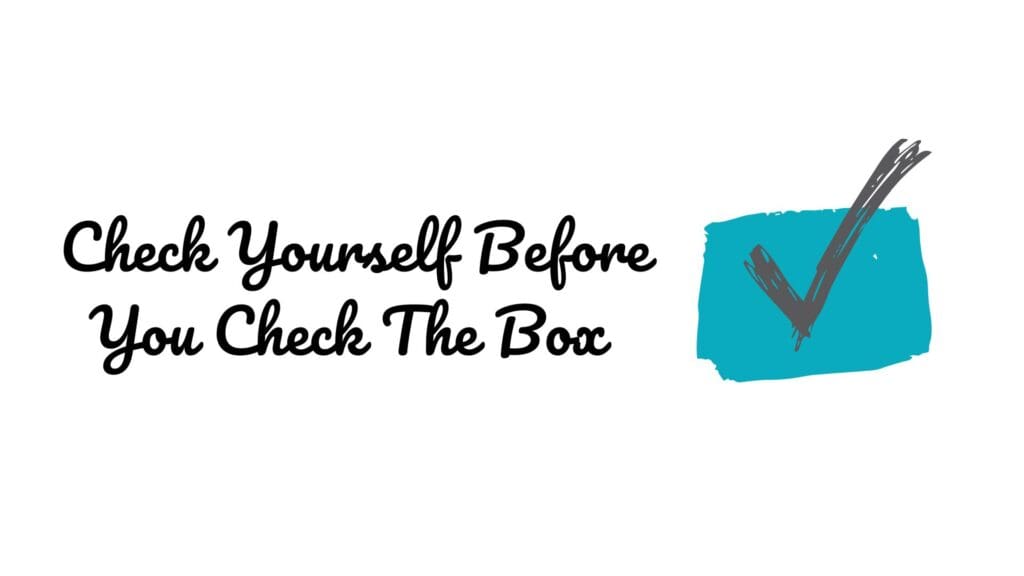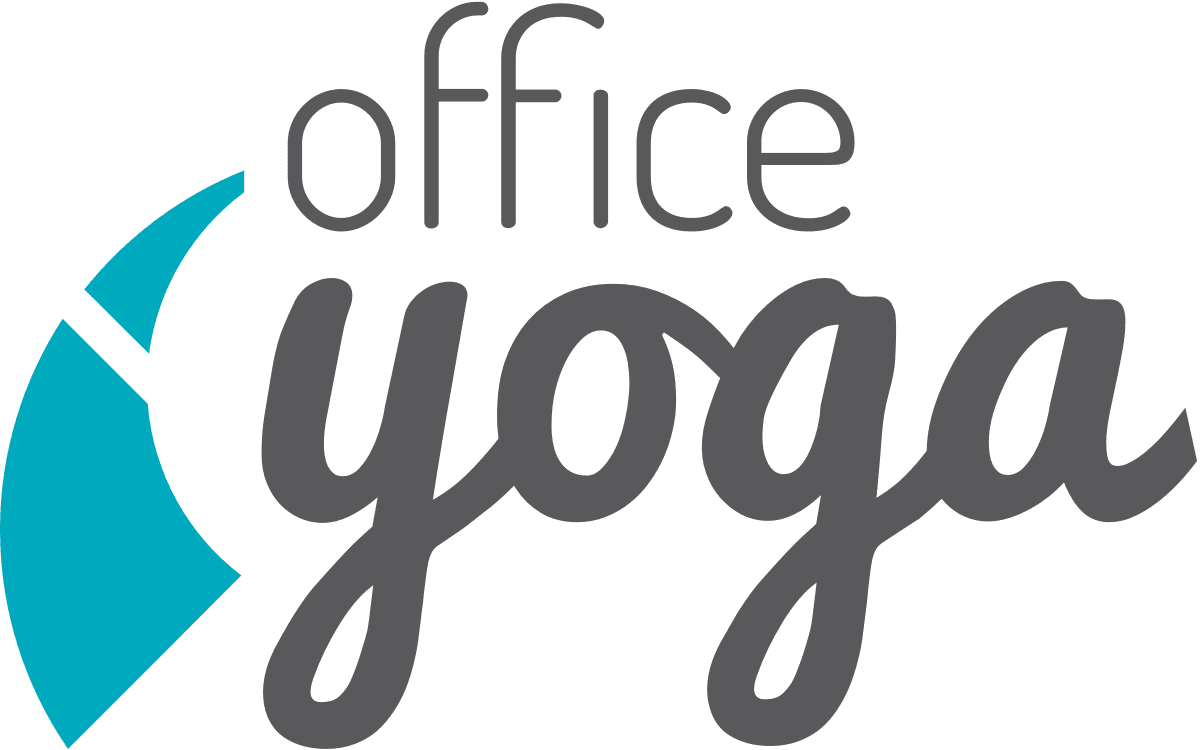4 Keys to Successful Employee Wellness Programs
In summary, this article talks about the 4 keys to running a successful employee wellness program at work. Forward this article to a colleague who can benefit from these tips.

The pandemic has forced a quick evolution in employee wellness programs at work. Employees are falling into the “Great Resignation.” This leaves HR leads, people teams, and office managers scrambling to figure out how to improve morale at work.
In our evolution from Office Yoga to ZaaS, I have been spending more time with current and prospective clients.
Here’s what’s trending in employee wellness programs:
- Clients don’t have the time, budget, or expertise to run an employee wellness program successfully.
- You don’t know where to start.
- There are too many vendors on multiple platforms that information is scattered.
- Employees aren’t using the resources.
Here are 4 recommendations for running a successful employee wellness program.
1. Communicate, communicate, communicate.
As the great Zen Masters say, “communication is key.”

Are employees utilizing your wellness programs? Do you have multiple platforms from different vendors? If yes, put together a communication strategy.
A communication strategy is a high-level process that informs employees about what you’re offering. These messages are meant to capture interest and spark conversations that lead to engagement. Here’s how to start:
- Gather all channels of communication: First, pull together all the communications platforms your office uses (slack, newsletters, flyers, intranet hub, etc.).
- Figure out your cadence: Decide a cadence for your communication. How often do you want to communicate and where? Most people under-communicate. We find two to four times per week across multiple channels is best.
- Keep it short: Refine the messages you want to send. Two or three sentences is good. Use bullet points, pictures, and direct links.
- Ask, don’t tell. Structure your message so employees come to a decision themselves. Ask your vendor for collateral, or use material they’ve provided you to create your own.
Our happiest clients communicate regularly, two to four times every week. On most platforms, you can schedule the messages in advance to minimize bandwidth.
2. Track Analytics
“Not everything that counts can be counted, and not everything that can be counted, counts.”

Tracking both qualitative and quantitative analytics is key to running a successful wellness program at work. How do you know what to look at and what’s important? Just like reading the nutrition facts on the back of a package, you want to consider multiple data points. Here’s where you can start:
Look at the Numbers
When looking at quantitative analytics, keep an eye on headcount, unique engagement, and time attended. Headcount tells you that people find a benefit in the services you are offering because they keep coming back. Unique engagement tells you if your communication strategy from step 1 is working. Time attended tells you if people are sticking around for the sessions.
Listen to the Stories
Qualitative analytics speak to the heart. This is by far my favorite part of the job, where not everything that counts can be counted. It shares the stories and the unmeasurable benefits of a workplace wellness program. Some examples include:
“When I am having a stressful week, just doing 5 minutes of ZaaS makes my day a whole lot better.” Terry, Twitter employee
“I had a very bumpy flight coming back from Chicago this past Sunday and got through it with a combination of crossword puzzles and ZaaS breathing exercises. By concentrating on my breathing, it took my mind off the dips the plane was making and put my mind at ease. So, a big thanks!” Diane, Attorney at Hanson Bridgett, LLP
We share these quantitative analytics with our clients to promote internally and hear from other employees. Ask your vendor for testimonials, capture email responses, and track communication channels for any shared excitement or stories.
3. Create Variety in Your Employee Wellness Program
When it comes to employee wellness, there is no cookie-cutter solution.

Employee wellness is unique for every individual. This means you need a variety of wellness options to accommodate your team. This can include fitness classes, group challenges, days of rest, wellness slack channels, nutrition workshops, book recommendations, daycare support, and more.
Keep in mind you will not please everyone. You are not pizza. Do your best with the intent to do better, and work with your provider to make changes based on analytics.
4. Be Real
Find a partner who’s willing to tell you when something is not working, so you can work together to make changes.

One of the biggest frustrations that get people through our virtual door is that “they want to work with a real human.” A lot of programs are automated or on apps that don’t provide customization or customer service.
A real touchpoint for our clients is that employees can engage with our Instructors and say things like “my shoulder hurts.” The ZaaS Instructor can then customize the class with shoulder relief exercises.
On average, we have 3-7 years of partnership per client. Putting time in the emotional bank pays dividends. When choosing a vendor to work with, make sure you are on the same page with the provider when it comes to values and intent. Find a vendor who is not afraid to tell you when something is not working. Then work together to make changes.
Here are some tips for establishing good partner relationships:
- Meet regularly. Once a week, or bi-weekly to start. This gives you a unified space to ask questions, go over programming, and connect personally.
- Ask for customization. Wellness is deeply personal. There is no long-term cookie-cutter approach.
- Discuss what the company is going through. Is there a new CEO? Did you lose someone on the team? Is the industry booming? Or struggling? This will impact employee morale and your vendor can help remedy the emotional implications through customization of your programming.
When it comes to wellness, something so new and deeply personal, establishing a strong relationship is important.
So, check yourself before you check the box. Running a wellness program requires time and attention.
Office Yoga offers virtual meditation, desk yoga, and office yoga flow classes to large corporations, B Corps, and individuals. You’re welcome to join us; we would love to have you!
